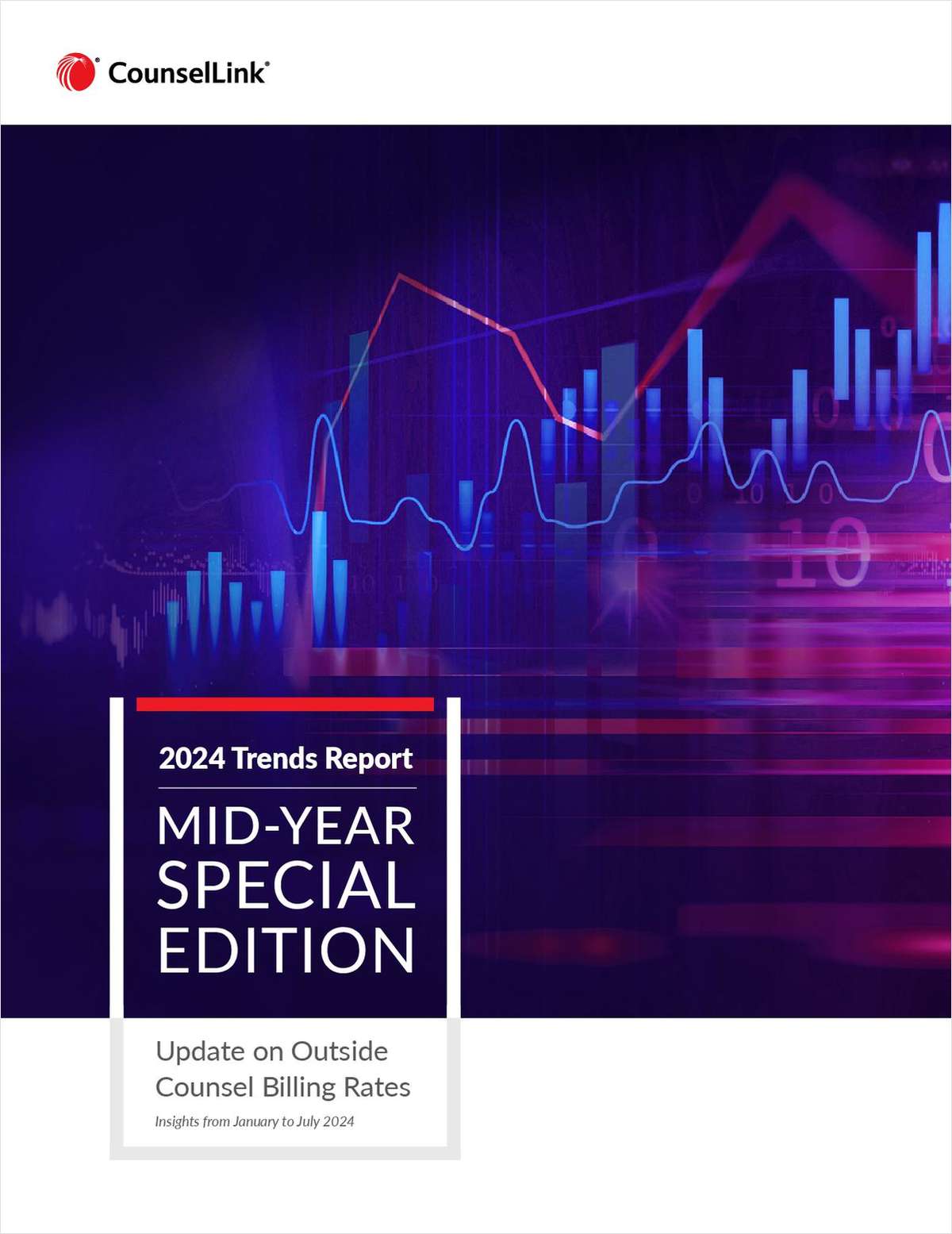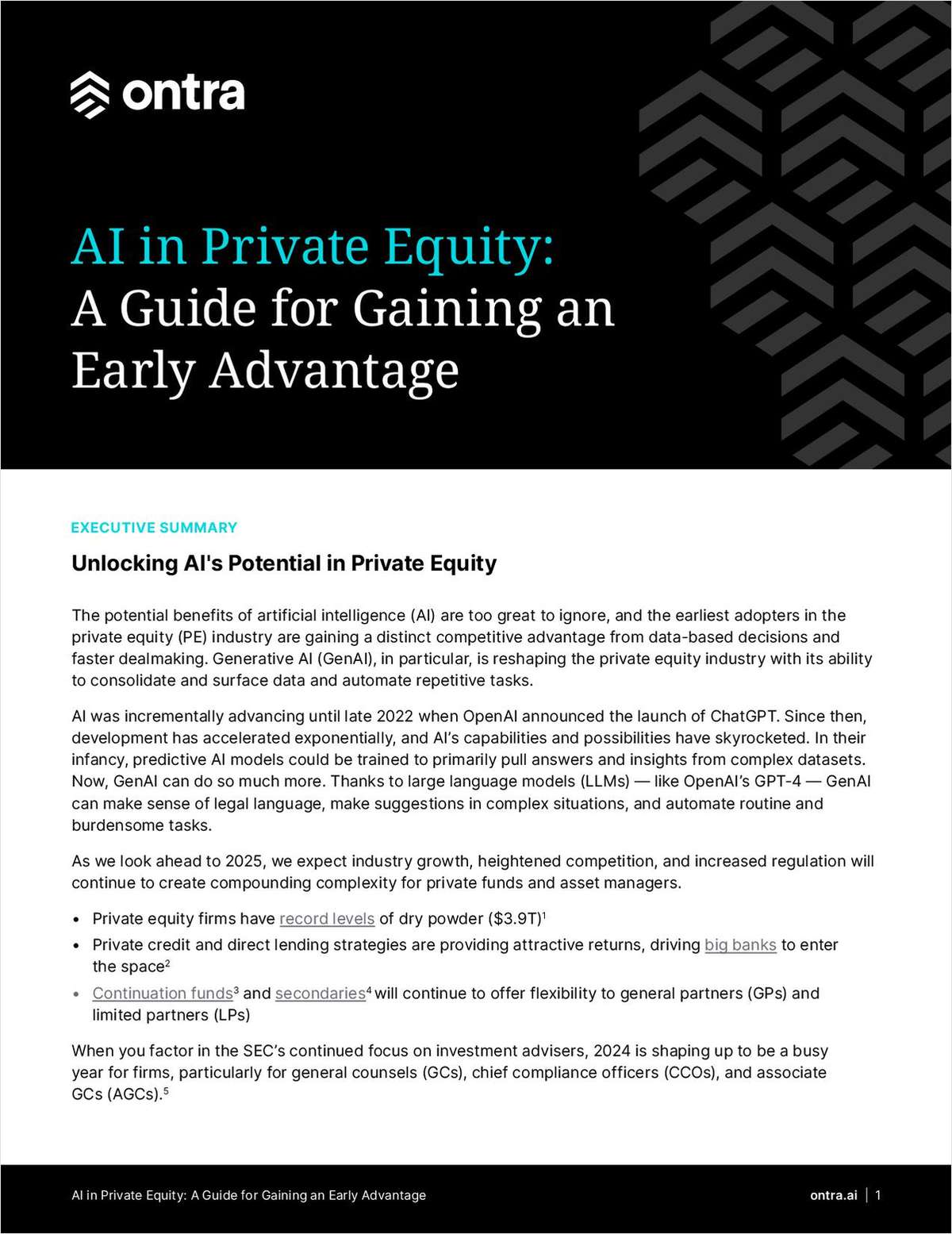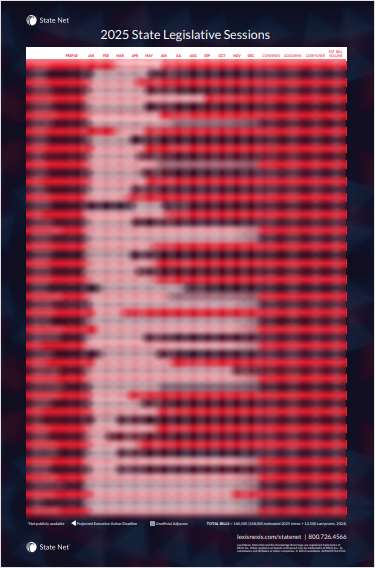Corporate Whistleblowers Catch the Supreme Court's Attention
Federal appellate courts have struggled recently over exactly when a corporate insider becomes a whistleblower who's entitled to the Dodd-Frank Act's protections against retaliation. The U.S. Supreme Court's now jumping into the fray to resolve tension among the lower courts. The justices agreed Monday to take up the case from the U.S. Court of Appeals for the Ninth Circuit.
June 27, 2017 at 12:55 AM
11 minute read
The original version of this story was published on National Law Journal
Federal appellate courts have struggled recently over exactly when a corporate insider becomes a whistleblower who's entitled to the Dodd-Frank Act's protections against retaliation.
The U.S. Supreme Court's now jumping into the fray to resolve tension among the lower courts. The justices agreed Monday to take up the case Digital Realty Trust v. Somers from the U.S. Court of Appeals for the Ninth Circuit.
At issue is the U.S. Securities and Exchange Commission's interpretation of Dodd-Frank post-financial crisis reforms that define a whistleblower as someone who reports misconduct “to the commission.” The SEC has interpreted Dodd-Frank to extend protections to workers who only report alleged misconduct internally to company officials. The agency's position has not stopped corporations from seizing on those three words—“to the commission”—to argue that the whistleblower in any specific case isn't a whistleblower at all.
NOT FOR REPRINT
© 2024 ALM Global, LLC, All Rights Reserved. Request academic re-use from www.copyright.com. All other uses, submit a request to [email protected]. For more information visit Asset & Logo Licensing.
Trending Stories
- 1The Law Firm Disrupted: For Big Law Names, Shorter is Sweeter
- 2Wine, Dine and Grind (Through the Weekend): Summer Associates Thirst For Experience in 'Real Matters'
- 3'That's Disappointing': Only 11% of MDL Appointments Went to Attorneys of Color in 2023
- 4What We Know About the Kentucky Judge Killed in His Chambers
- 5'I'm Staying Everything': Texas Bankruptcy Judge Halts Talc Trials Against J&J
Featured Firms
Law Offices of Gary Martin Hays & Associates, P.C.
(470) 294-1674
Law Offices of Mark E. Salomone
(857) 444-6468
Smith & Hassler
(713) 739-1250








